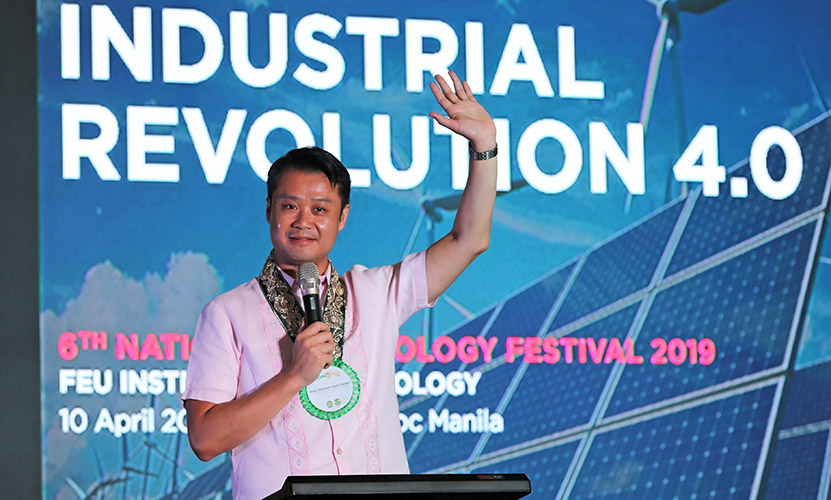Senator Win Gatchalian hailed the proposed establishment of the National Center for AI Research (N-CAIR) under the recently launched artificial intelligence (AI) roadmap. To support workforce development under the roadmap, Gatchalian says senior high school education in the country should equip learners with foundational skills needed for the Fourth Industrial Revolution (Industry 4.0).

According to Trade Secretary Ramon Lopez, the proposed private-led N-CAIR will serve as a shared hub for research, advance scientific discoveries in AI, and develop AI talent and data science leaders.
Based on 2020 estimates by research firms EDBI and Kearney, AI is expected to boost Southeast Asia’s gross domestic product (GDP) by up to $1 trillion by 2030. In the Philippines, AI’s economic impact could lead to a 12 percent growth in GDP, which is equivalent to $92 billion. In 2017, worldwide management consulting firm McKinsey & Company estimated that up to 48 percent of work activities performed in the Philippines could be automated.
Considering these projections, Gatchalian emphasized that the task of the education sector, including the basic education system, is to ensure that learners are acquiring skills that would not be obsolete with the rise of AI. Aside from having a relevant curriculum, which is currently under review by the Department of Education (DepEd), Gatchalian also raised the importance of having highly-qualified teachers who will equip learners with the competencies required of future AI talents.
The lawmaker also cited the need to ensure that the basic education sector has the infrastructure to support the rollout of the AI’s roadmap, a move that can be achieved through the Public Education Network (PEN). Last April, DepEd and the Department of Information and Communications Technology (DICT) inked agreements to establish the PEN, which will fast-track the installation of digital connectivity in public schools.
“Dahil sa inaasahang papel ng artificial intelligence sa pag-unlad ng ating bansa, kailangang siguruhin natin na ang kakayahan ng ating mga kabataan ay tugma sa mga pangangailangan ng ating bansa para sa hinaharap. Mahalagang simulan natin ang paghahandang ito sa antas pa lamang ng senior high school upang maging matibay at malalim ang pundasyon ng kanilang kaalaman at kakayahan,” said the Chairman of the Senate Committee on Basic Education, Arts and Culture.


